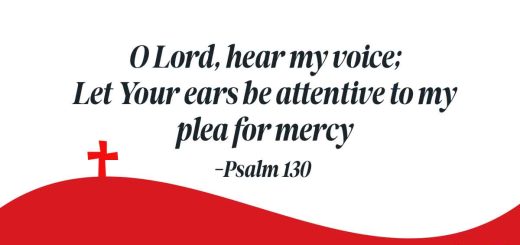The rape of South Africa
It is an indictment of South African society that it should be necessary for citizens to launch campaigns that point out what should be utterly obvious: that sexual violence corrupts our population.

The logo of the Kwanele Kwanele campaign launched by McCauley House, a Catholic school in Johannesburg.
A country that has failed to collectively reach this conclusion is in crisis. The shocking extent of that crisis finds expression not only in headline cases, such as the depraved suffering inflicted upon the teenager Anene Booysen, but also in cold statistics.
A study published in 2009 by the Medical Research Council found that 27,6% of men in KwaZulu-Natal and the Eastern Cape had admitted to having perpetrated sexual assault, sometimes multiple times and in concert with others. The national figure would likely be not much different.
These statistics do not tally with the rate at which sexual assaults are reported (only 65083 rapes between December 2007 and June 2011), nor with the deplorably low conviction rate � only 10%.
Inarguably, most women who are sexually assaulted do not report the crime to the police and suffer the lasting effects of it � physical, emotional, mental � in silence, thereby cementing their trauma.
There are many reasons for the under-reporting of rape. Lack of confidence in police and the justice system, fear of repercussions from the attacker or others, fear of social stigma and marginalisation, fear of having to relive the trauma, fear of not being believed, fear of being blamed for the assault, and so on.
Rape remains misunderstood throughout South African society; indeed, the language of sexual assault itself can be misleading when rape mostly is not a question of sexual gratification but of control.
Men who rape their wives or girlfriends or dates or friends or random strangers � or children � may get a sexual kick out of their assault, but the act itself is an assertion of power.
Often rape is used as a method of punishment; for perceived �disobedience�, for dressing �immodestly�, for having a same-sex orientation, in war zones for belonging to the wrong social or political group, and so on.
In this way, rape is a tool for the subjugation of women.
When rape is being trivialised � be it by references to a victim�s style of dress or behaviour, or by failure to provide proper care and justice for survivors of an assault � society becomes part of the problem.
It also does not help when we are galvanised into temporary action only sporadically by isolated cases; the nation must commit itself to bringing about a social and cultural modification that unequivocally protects the right of women to not be sexually assaulted (or otherwise brutalised).
This requires a plan of unified action, one that requires the courage and political will to identify and address the underlying causes for rape, challenge entrenched gender dynamics and commit to empowering women.
The decision of Braamfontein parish in Johannesburg to adopt the Kwanele Kwanele campaign, which was launched by McCauley House, a Catholic school in Johannesburg, is commendable.
The parish�s priest, Fr Russell Pollitt SJ, is right in pointing out that awareness campaigns alone are not enough, but that society must also engage in concrete action.
Braamfontein parish plans to address the rape crisis in innovative ways, such as offering counselling and support both for survivors of sexual assault, and also for men who have raped and seek to change.
Rape dehumanises not only the woman, child or, indeed, man subjected to it, but also the perpetrator, possible witnesses, and those who experience the secondary effects of rape. It also dehumanises society whenever it is confronted with another shocking graphic report of sexual assault.
In knowledge of this, expressing outrage, lighting candles and supporting Facebook petitions, while creditable, simply are not enough. South Africans must rise up.
We must be engaged in or give support to groups that address the incidence of rape and advocate the empowerment of women.
And we must forthrightly demand action from government, law enforcement and the judiciary, lest they too be held accountable for their complicity by omission in the rape of South Africa.
- The Look of Christ - May 24, 2022
- Putting Down a Sleeping Toddler at Communion? - March 30, 2022
- To See Our Good News - March 23, 2022




